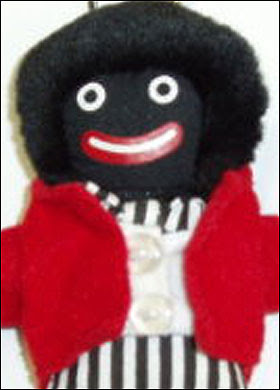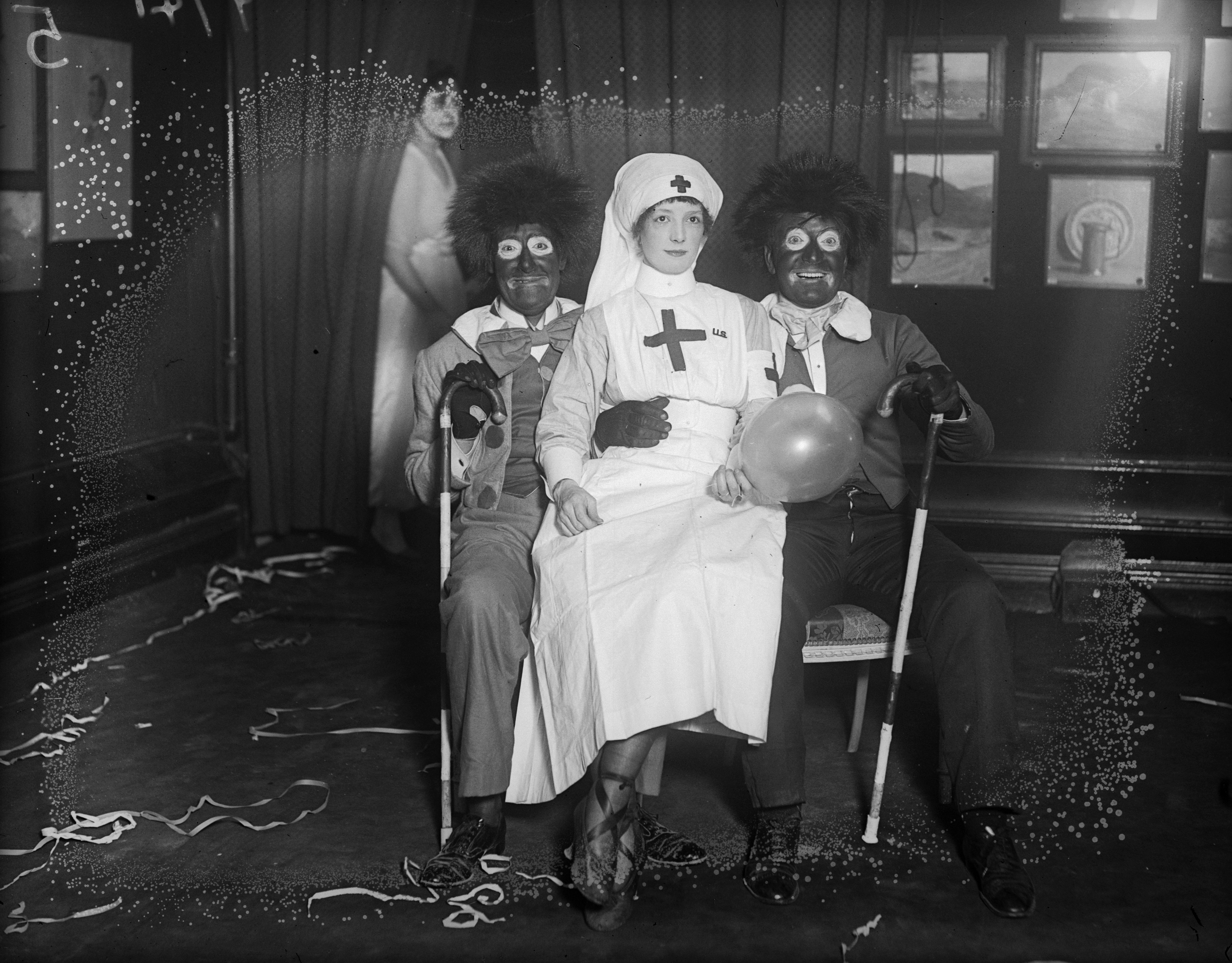
Jeez, crikey, and doggone are some others, too. Uptons Golliwogg was jovial and friendly, but some later golliwogs would be sinister. There are many other minced oaths, historically including Gadzooks (apparently, God’s hooks, referring to Jesus being nailed to the cross) and zounds ( Christ’s wounds). The golliwog doll became a popular childrens toy throughout most of the 20th century, and was incorporated into many aspects of British commerce and culture for instance, some of Enid Blytons books feature them, often as a villain and sometimes as heroes. YHVH (or YHWH) became expanded as Yahweh or Jehovah. The Tetragrammaton is the Hebrew word for God, consisting of four letters transliterated usually as YHVH, now pronounced as Adonai (“my Lord”) or Elohim (plural form of a word meaning “God”), in substitution for the original pronunciation forbidden since the 2nd or 3rd century b.c. In Judaism, the name of God is considered too sacred to be uttered by us mere mortals. This is where gosh, golly, and gee come into play-a way out of the linguistic trouble that comes with shouting the name of one’s God in surprise, anger, frustration, or the like. Christians and Jews observe the Ten Commandments, the second of which forbids taking the Lord’s name in vain.

Many faiths and cultures consider blasphemy a taboo. These types of words are also sometimes called minced oaths. We also often refer to swear words as profanity, a word which historically referred to an irreverent, contemptuous attitude towards the scared. Blasphemy involves language that shows contempt or irreverence towards sacred things-you know, God. Gosh, golly, and gee specifically avoid blasphemy. C19: originally a euphemism for God Word forms: plural -lies. They often come into play with words concerned with religion, sex, death, and excreta (that’s a fancy word for poop and pee, which themselves can be used as euphemisms for stronger words).įor example, if you wanted to employ a euphemism to say that someone died, you might say that he “passed away” or “departed.” Or if you wanted to avoid that naughty F-word, you might say, “screw the pooch” or “shut the front door.” Definition of golly an exclamation of mild surprise or wonder Word origin. So, what’s a euphemistic alteration?Įuphemisms substitute a mild or vague expression for one that is considered to be offensive, harsh, or vulgar. Last but not least is gee, an Americanism tracked back to 1890–95. Of the three, gosh is recorded the earliest, around 1750–60. While this folksy trio are informal interjections, they are also euphemistic alterations of the word God or, in the case of gee, Jesus. Where did golly, gosh, and gee come from?

Gosh, golly, and gee casually express surprise or excitement, right? Well, yes, but when they were first introduced to the English language, these short words had a much more serious origin and purpose. An Australian colloquialism for hoiking/clearing your throat of nasal drippings (snot/phlegm) into a ball to enable you to spit it out (or swallow it back down.


 0 kommentar(er)
0 kommentar(er)
